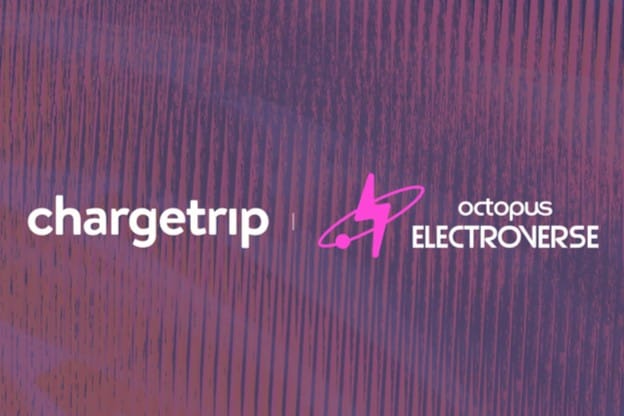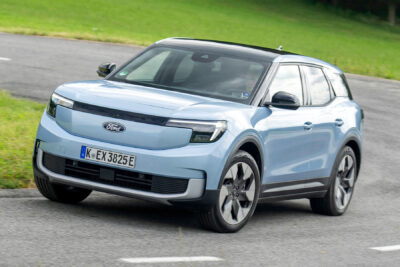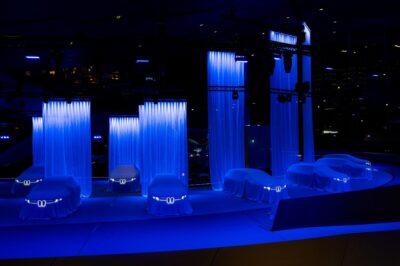Octopus integrates Chargetrip into Electroverse
Effectively, what this means is that Chargetrip will become embedded in the route-planning layer used by apps and services licensed via Electroverse. A Dutch company, Chargetrip offers a smart routing engine built specifically for EVs.
This engine is used to calculate optimal journeys and routes for EVs by accounting for factors like state of charge, usable battery capacity, vehicle efficiency, topography, weather, and available chargers en route. This enables drivers to plan where and when they need to stop, including the most efficient charger for their journey rather than their closest. Currently, Chargetrip licenses its API to its own clients; the integration with Electroverse, however, will bring these capabilities to a much larger potential userbase – making it possible to reach every partner that licenses Electroverse.
So who does this affect? When Octopus refers to “licensing partners”, it essentially means companies that embed parts of Electroverse into their own products or services under a licensing agreement. This includes OEMs which often bundle Electroverse charging access into their in-car navigation or branded charging apps; fleets which can license Electroverse to manage driver charging, billing and route planning; charge point operators; or smaller apps and mobility services which license Electroverse data. All of this sits in line with Electroverse’s stated goal of becoming a full stack “network of networks”, combining public charging networks with a whole ecosystem of EV partner technologies under a single offering.
Octopus’ Electroverse itself claims to provide access to around 80 per cent of chargers in Europe. It covers brands including IONITY, Allego, Aral Pulse, Fastned, TotalEnergies and more across 40 countries. Parent company Octopus Energy itself now offers all-in-one EV charging, leasing and home energy bundles, including an ‘unlimited’ subscription for smart home EV charging called Intelligent Octopus.
For example, in Germany, this is separated into two tariff rates: the ‘Standard’ option which offers a working price per kWh between midnight and 5AM based on the tariff area within Germany, while the cheaper ‘Go’ option is typically €0.08ct less than this. Both are accompanied by six hours of reduced energy costs for the rest of the home.





0 Comments